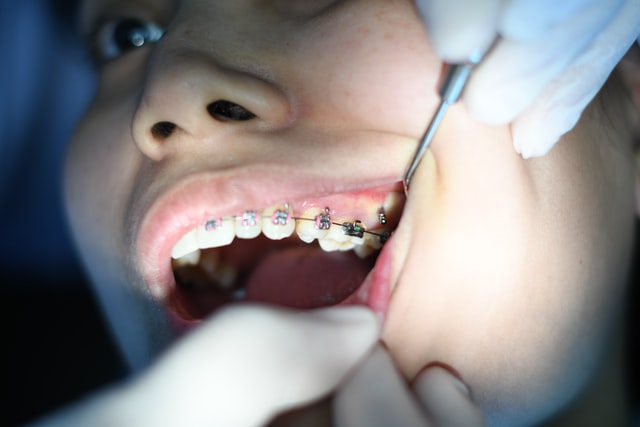
It’s hard to find good news these days. Yet, according to at least one source, there actually could be one positive consequence of the pandemic: People maybe quitting smoking in bigger numbers than ever.
In an online survey conducted by University College London (UCL) and funded by the Department of Health and Social Care, nearly one million people in the U.K. stopped smoking during recent COVID-19 months.
That’s great since studies such as one reported in the New England Journal of Medicine showed that smokers were nearly three times more likely to experience severe coronavirus-related symptoms than those who didn’t smoke.
So it’s good news that folks maybe quitting smoking, and even more so for periodontists like me. Here’s why:
Smoking and Periodontal Treatment
My colleagues and I know that smoking is not just bad for your overall health, it’s actually proven to be one of the leading causes of severe gum (periodontal) disease.
Overwhelming evidence shows that people who smoke tend to have more tartar and bacteria on their teeth from the combined negative effects of nicotine and less saliva.
Smoking can mask signs of gum disease, since nicotine, which increases the heart rate and blood pressure, also restricts blood flow to the gums.
A smoker’s gums are often discolored, which means that another tell-tale sign of possible gum disease, red gums, (as compared to normal, healthy pink gums) may be missed.

Photo by Atikah Akhtar from Unsplash
For many years, we have been using the Miler-McEntire Periodontal Prognosis Index, an evidence-based scoring assessment tool used to help us more scientifically determine the 15-30-year prognosis for all teeth in patients with minimal to severe gum disease.
The index indicates that heavy smokers increase their chances of not just gum disease, but actually losing teeth at an approximate 250% increased rate.
Implant Failure
The success rate for dental implants lowers dramatically in heavy smokers who face a greater risk of peri-implantitis, which can lead to implant failure.
If we’re placing implants in a smoker, we make them aware of the risks. Healing isn’t as fast, and infection rates may increase.
Smokers are also more susceptible to jawbone loss which is detrimental to implant success.
Now’s the Time to Quit
These days, everybody knows that smoking is bad, for so many reasons. If you haven’t already tried to quit, talk to your health care provider.
A variety of nicotine patches, gums, medication, and therapies can help make this challenging process easier.
And don’t forget to brush, floss, and visit your dentist regularly or a periodontist if you’ve been diagnosed with gum disease.
About The Author:
Dr. Robert A. Levine, a board-certified and internationally acclaimed periodontist, partners with Dr. Philip L. Fava II at the Pennsylvania Center for Dental Implants and Periodontics in Philadelphia. He is a pioneer in the “immediate load” system for dental implants. Dr. Levine, a Diplomate of the American Board of Periodontology and Fellow of the International Team for Implantology (ITI) lectures around the world. He also co-founded the Growing Smiles Foundation in 2013, a non-profit organization that provides free dentistry to impoverished children and adults in Peru.




